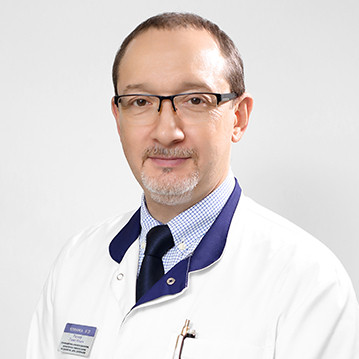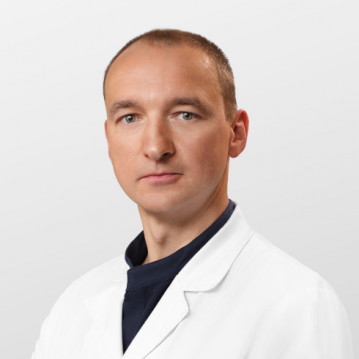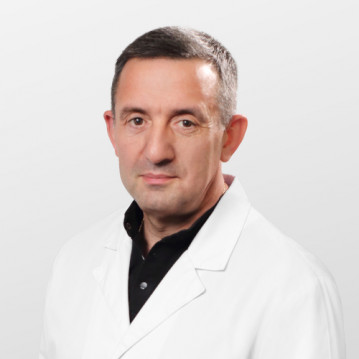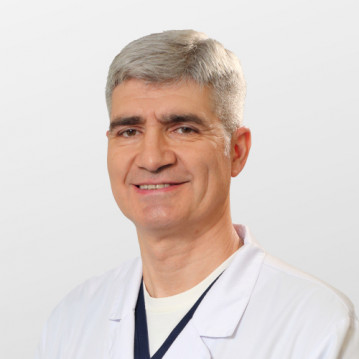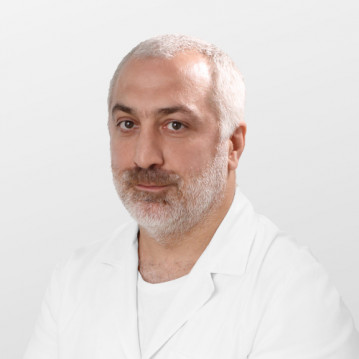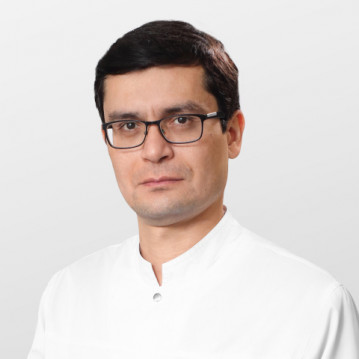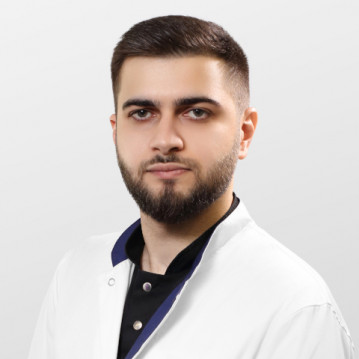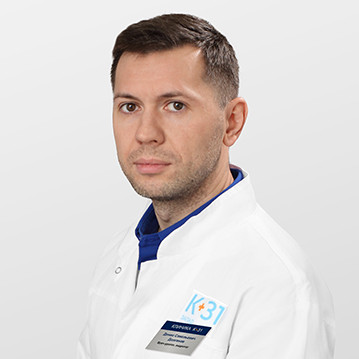Urology is a branch of medicine that provides conservative (medication) and surgical treatment of diseases of the genitourinary system.
Operations in urology can be performed for various reasons:
- Tumors (benign and malignant).
- Inflammatory processes.
- Chronic diseases.
- Urinary incontinence.
- Pelvic trauma.
Such interventions traditionally required a wide surgical approach, a "large" incision, etc., since the kidney, bladder, prostate gland are located deep inside the body, and access to these organs is difficult. Open surgery naturally required a long recovery period and made early social rehabilitation and return to vigorous activity much more difficult. With the advent of minimally invasive surgery, all these "standards" are far in the past.
What is minimally invasive surgery?
The goal of minimally invasive surgery is to minimize trauma to the tissues through which access to the organ of interest to the surgeon occurs. In this case, the volume of the operation directly on the diseased organ occurs in full. This is achieved through the use of a laparoscopic, robot-assisted, or endoscopic approach. The access process is provided by several small punctures, which are performed with special equipment or by passing instruments through natural openings - in particular, through the urethra. The operation can be performed both under general anesthesia and under local anesthesia. Recovery after minimally invasive surgery is quick, pain is significantly less pronounced than after standard open surgery, and the cosmetic effect is much greater. The length of hospital stay is significantly reduced.
What types of minimally invasive surgery are there?
The following minimally invasive types of surgery are used in urology:
- Laparoscopy and robot-assisted surgery is an operation performed through small punctures with a diameter of 5-10 mm.
- Endosurgery - the operation is performed through natural openings.
